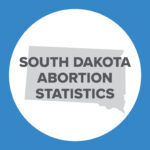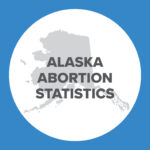Improving the Metrics and Data Reporting for Maternal Mortality: A Challenge to Public Health Surveillance and Effective Prevention
Abstract
Background:
The current measuring metric and reporting methods for assessing maternal mortality are seriously flawed. Evidence-based prevention strategies require consistently reported surveillance data and validated measurement metrics.
Main Body:
The denominator of live births used in the maternal mortality ratio reinforces the mistaken notion that all maternal deaths are consequent to a live birth and, at the same time, inappropriately inflates the value of the ratio for subpopulations of women with the highest percentage of pregnancies ending in outcomes other than a live birth. Inadequate methods for identifying induced or spontaneous abortion complications assure that most maternal deaths associated with those pregnancy outcomes are unlikely to be attributed. Absent the ability to identify all maternal deaths, and without the ability to differentiate those deaths by specific pregnancy outcomes, existing variations in pregnancy outcome-specific maternal deaths are masked by the use of an aggregated (all outcome) numerator. Under these circumstances, clear and accurate data is not available to inform evidence-based preventive strategies. As the result, algorithms applied for analyzing maternal mortality data may return distorted results.
Conclusion:
Improvement in the effectiveness of maternal mortality surveillance will require: mandatory certification of all fetal losses; linkage of death, birth and all fetal loss (induced and natural) certificates; modification of the structure of the overall maternal mortality ratio to enable pregnancy outcome-specific ratio calculations; development of the appropriate ICD codes which are specific to induced and spontaneous abortions; education for providers on identifying and reporting early pregnancy losses; and, flexible information systems and methods which integrate these capabilities and inform users.
Read Complete Article


























